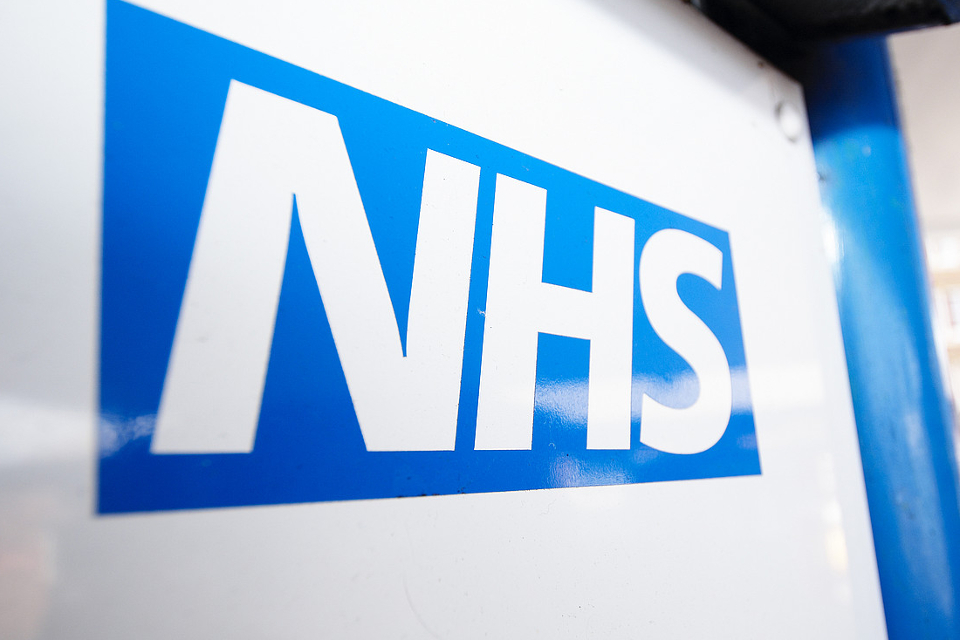Sensors can monitor room temperature and carbon monoxide concentrations
Chelsea and Westminster Hospital is to pilot the use of wireless environment sensors in its intensive care units.
The sensors, which will allow for ‘near real-time monitoring’ of room temperature and carbon monoxide concentrations, will be installed in the next few weeks.
The project is part of a campaign run by CW+ the charity for Chelsea and Westminster Hospital NHS Foundation Trust, which aims to raise £10m to expand and redevelop the adult and neonatal intensive care units at the hospital.
Related content
- NHS Spine is a better option for data-sharing than local care records
- Oxford University and NHS trust agree multimillion-pound deal to sell digital health tech commercially
- Most hospitals still reliant on hundreds of pagers
CW+ has partnered with UK technology start-up Drayson Technologies for the launch of the campaign which, if successful, will enable the hospital to treat 700 more critically ill adults and children each year.
Drayson Technologies’ equipment will form part of CW+’s wider plans to create an environment which uses a number of sensors, as the charity believes this will have a significant impact on critically ill patients’ wellbeing and their recovery.
“We are delighted to be partnering with Drayson Technologies to pilot this truly innovative technology in our intensive care units,” said Zoe Penn, Medical Director for Chelsea and Westminster Hospital NHS Foundation Trust.
“Together with our charity, we want to create the best possible environment for healing and being able to monitor the environmental conditions in near real-time will be crucial in achieving this,” she added.
Earlier this year, Drayson Technologies announced a five-year strategic research agreement with The University of Oxford and Oxford University Hospitals NHS Foundation Trust. The deal enabled the company to sell technology developed by the trust and the university at their jointly run Oxford Biomedical Research Centre.
As part of the deal, the trust and the university would receive a percentage of the profits, and Drayson would continue to “sponsor significant further research and clinical validation of new digital health products” over the five-year term.



